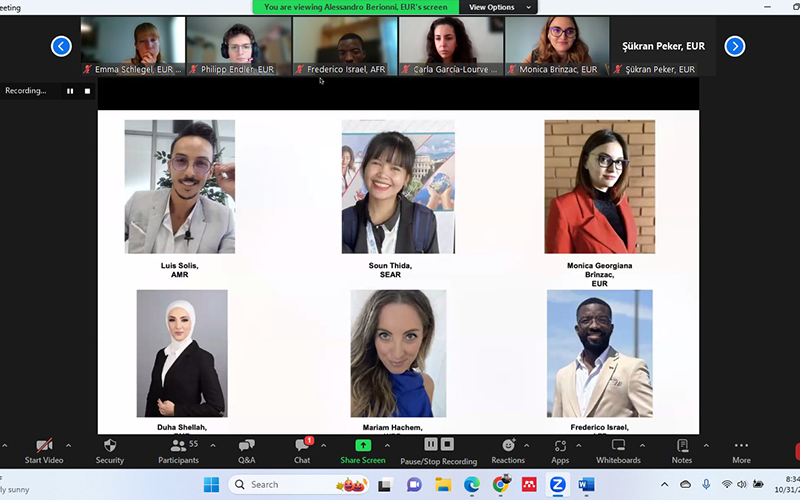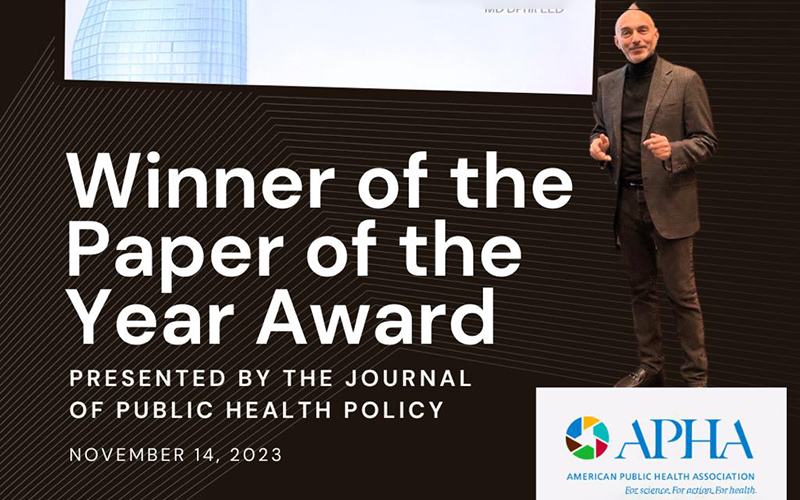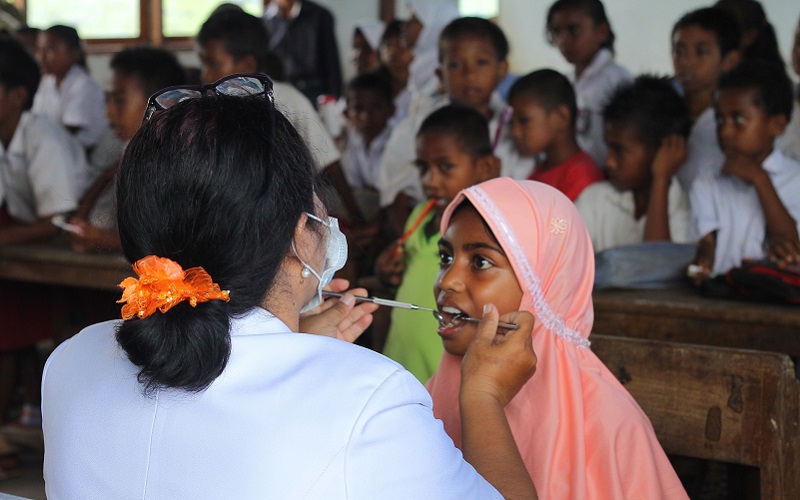
Fostering Global Connectivity: A Recap of the Global Young WFPHA Networking Event

Fostering Global Connectivity: A Recap of the Global Young WFPHA Networking Event
News
November 20, 2023
In an era marked by dynamic shifts in public health, the significance of uniting young professionals on a global scale has taken center stage. On October 31st, we marked a significant milestone with the launch of our Global Young WFPHA Networking Event.
Under the coordination of Luis Solis and Alessandro Berionni, and with the invaluable support of Wilmer Sancho, and David Peyre-Costa, we embarked on a journey to connect young public health professionals worldwide, laying the foundation for meaningful collaborations and visionary endeavors.
Building the Groundwork
Luis Solis, representative of the Health Equity Network of the Americas (HENA) commenced the event with a warm welcome, providing a compelling insight into the event’s mission. At its core, the Young WFPHA seeks to create a platform for global interconnectedness among young professionals in public health. This vision extends beyond a single event; it envisions the expansion of international networking opportunities and the introduction of regional events to fortify our community further.
The Unveiling of Young WFPHA
Alessandro Berionni, chair of the Young WFPHA, set the stage with an overview of the Young WFPHA. His presentation delved into the organization’s mission and objectives, connecting the event with our broader vision. Of particular note were the various Young Activities introduced to cater to the diverse interests of our community.
Guiding Young Professionals in the Global Health Arena
Alessandro Berionni also introduced the session that provided profound insights into the avenues available for young professionals to engage with international associations and organizations in the health field. We further augmented this session by providing a comprehensive summary document, outlined by Kerrie Stevenson, with all the main young regional and international associations to join.
This session was enriched by the presence of distinguished representatives from prominent WHO young networks, including Maurice Remy, representing the WHO Youth Council, Alessandro Catalini, representing the WHO Interns Board, and Balkiss Abdelmoula, representing the WHO GHWN Youth Hub.
Upcoming Endeavors and Regional Collaboration
Our commitment to enhancing the international public health landscape is exemplified by our forthcoming in-person regional event in Dublin at the European Public Health Conference.
This event, jointly organized with EUPHAnxt and expertly coordinated by Monica Georgiana Brinzac, promises to be a pivotal gathering.
In our pursuit of regional collaboration, we are actively establishing official contacts with Young Branches of National Public Health Associations worldwide. For those affiliated with such branches, we invite you to complete the form provided here.
Interactive Networking Activities
The core of our event was made by these networking activities that provided participants with an opportunity to interact and contribute actively. These activities were thoughtfully organized into five separate breakout rooms, each led by our dedicated regional coordinators:
Luis Solis for the American Region (AMR)
Frederico Israel for African Region (AFR)
Duha Shellah for the Eastern Mediterranean Region (EMR)
Mariam Hachem for the Western Pacific Region (WPR)
Monica Brinzac for European Region (EUR)
Soun Thida for Southeast Asia Region (SEAR)
After 30 minutes the groups reconvened to present and discuss together the main points raised during the breakout rooms.
Key Takeaways and Profound Outcomes
Throughout the event, we deliberated on key topics, generating valuable takeaways. Our discussions spanned issues such as workforce capacity, equitable remuneration, the impact of starting at the local level on a global scale, ensuring the right tools are in place, strategies to reach a broader audience, and the complex challenge of retaining young professionals within the field.
This event has underlined the extraordinary potential of collaborative efforts, further galvanizing our commitment to making a positive impact on global health.
#WFPHA #YoungWFPHA #GlobalHealth #NetworkingEvent #youthforhealth






Recent Comments